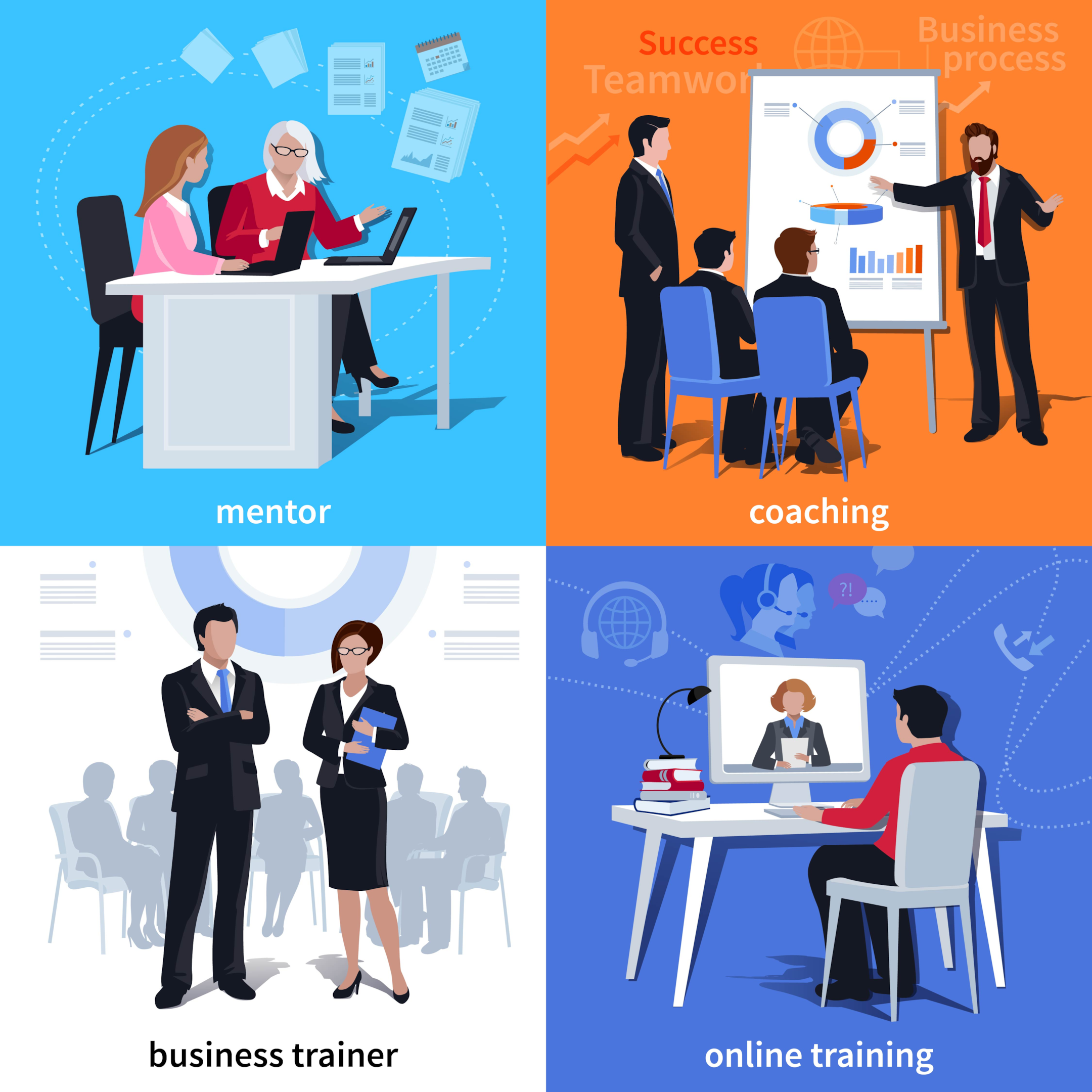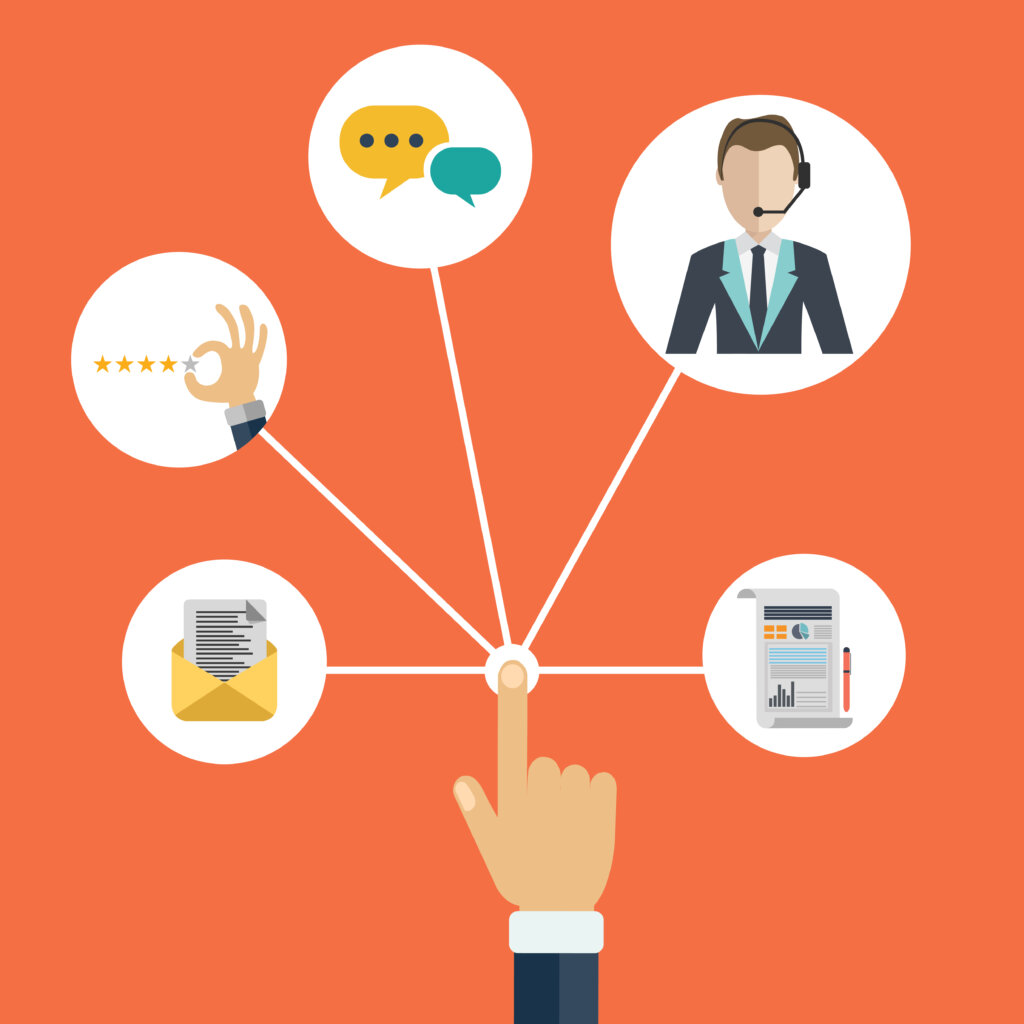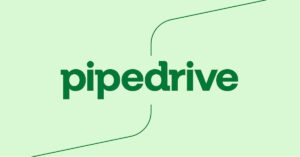We all have different ways to train using customer service programs. Some would say some of us remain in the dark ages, but you also might argue that not all that’s old-fashioned is bad. We often buy things because they are antique or retro. It may make the untested or lightly tested technology of the day look good; however, it makes the trainers who have good old-fashioned, reliable company training on their minds look bad.
I won’t deny it. But I do think there are good ways to do the job right and good ways to sound good and make a profit. Don’t get me wrong; profit is important, but a one-time sale as in some automated services is bad for all trainers, not just one business.

If you have automated customer service, make sure it works smoothly and quickly and gives callers an opportunity to talk directly to a customer service rep. Not everyone is or is willing to be computer literate to take care of basic business.
True story. We received a utility bill threatening to shut off our utilities in three days if we did not pay five months of our past-due bill. Our bill has always been on autopay so we didn’t notice. We don’t generally open that information bill that says so much has been taken from your checking account, but we did this time and will now in the future.
When I tried customer service, I was told to go to the webpage or call the next day. The website wouldn’t take my numbers–not my fault. I gave up and called the next day, or rather my wife did.
After a forty-five-minute wait, she was able to talk to a person who told her that we had never been on autopay, which was absolutely not true; we had no problem on our end and no notice from them. And they couldn’t fix it without transferring us to two different places with waiting lines and a fee for credit card payments.
Not good customer service. Maybe because they were the only game in town… May I make a suggestion here? If you don’t know the business or the specifics of training or customer service, don’t sell businesses off-the-shelf merchandise in place of the real thing.
Customer service hotlines that don’t really do much but steer a customer through the automated system to the right person hopefully is not my idea of good customer service and it shouldn’t be yours. Customer service means solving problems and giving customers the satisfaction of knowing you back your product or service.
This automated form of customer service is useful provided the customer has an account number and other accounted identifying passwords and, of course, fingers of lightning on the phone keyboard. Make enough mistakes most systems send you to a web page, which is not much better. I have even had them hang up and say to call another day.
Know it now, it is my opinion that in most business practices someone should still be able to get to a person without waiting thirty minutes–ten is bad enough. Waiting kills customer confidence in your company. If you don’t have the people or particularly busy days, most of us understand this economy.
Good customer service is never about passing the buck. Who the hell told a business professional of that magnitude that was the case? Were they not adequately trained in customer service, or were they given off-the-shelf products (how-tos) to keep costs down and provide immediate answers without talking to a person and calling it customer service?
Keeping your company happy and customers glowing will keep managers from jumping through hoops to find elegant solutions to a problem that could have been solved simply–and probably at less cost in the long run.
I apologize for my long absence. It was health-related. Now, I’m back and I promise the best that I provide great customer service. Training and development are so intertwined with how we do business well, I feel something has gone wrong in training when other areas show flaws. For those who have followed me, you know the solution, in any case, is either bad communication or misguided training. We all have to make a buck, but let’s keep the country strong by relying on some of the basics that made us who we are–not always the cheapest but the most dependable. I hope that’s still true.

Best Practices for Developing a Successful Customer Service Training Program
- Customer expectations: The first step in providing excellent customer service is to understand your customers’ expectations. Customer support teams should be trained to identify and understand customer expectations and tailor their service accordingly.
- Effective customer service: Effective customer service involves identifying and addressing customer needs and concerns in a timely and efficient manner. Customer service training programs should focus on teaching the customer support team how to provide high-quality customer service that meets or exceeds customer expectations.
- Training programs: Training programs are essential for ensuring that the customer service team has the knowledge, skills, and tools they need to provide excellent customer service. Customer service training programs should cover topics such as customer communication, problem-solving, and conflict resolution.
- Customer service training ideas: There are many different customer service training important ideas that can be used to improve customer service. Some examples include role-playing exercises, case studies, and interactive training session.
- Customer satisfaction: The ultimate goal of any customer service program is to improve customer satisfaction. Customer service training program should focus on teaching customer support teams how to identify and address customer needs and concerns to ensure that customers are satisfied with their experience.
- Customer loyalty: Providing excellent customer service can help to build customer loyalty. Customer service training courses should teach customer support teams how to create a positive customer experience that encourages customers to return in the future.
- High-quality customer service: High-quality customer service involves providing fast, friendly, and efficient service to customers. Customer service training programs should focus on teaching customer support teams how to provide high-quality customer service that meets or exceeds customer expectations.
- Customer service program: A customer service program is a comprehensive strategy for providing excellent customer service. Customer service training programs should be an integral part of any customer service program, as they can help to ensure that customer support teams are equipped with the skills and knowledge they need to provide excellent customer service.
- Put the hands-on back into customer service. I think one of my first blogs talked about the government and how we had gone automated, then pulled back to personal involvement to satisfy our customer base. In areas that are necessarily people-friendly or should be, don’t expect a machine voice to take the place of a person who can provide unique solutions or even make decisions.
- Always have a place for questions with a person equipped to answer in a polite, respectful manner whether the company is right or wrong. Managers should be taught or trained to do this or they shouldn’t be managers. If it isn’t a manager, but a specialist, extra pay is in order. Keep in mind the stress level of the position, and rotate and back-up, up that function.
In summary, effective customer service training programs are essential for providing great customer service. Customer service teams should be trained to understand and meet customer expectations, provide high quality customer service, and create a positive customer experience that encourages customer loyalty and satisfaction.
—
For more resources about training, see the Training library.
Pay me a visit on my webpage and check out my other writings–some in different arenas. Also, my book The Cave Man Guide to Training and Development and novel, Harry’s Reality, are related and interesting diversions for a small price. Happy training.
 Sections of this topic
Sections of this topic













